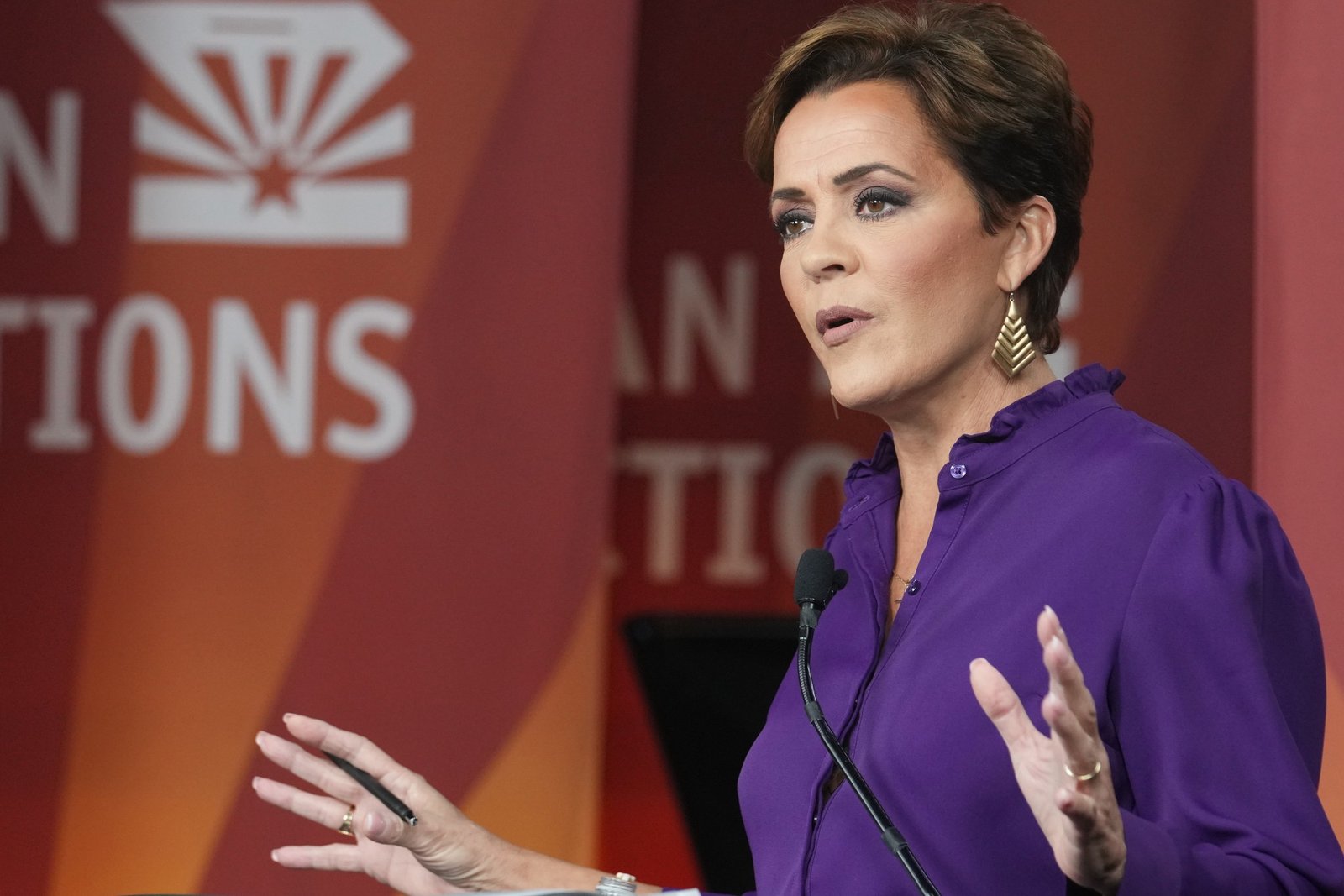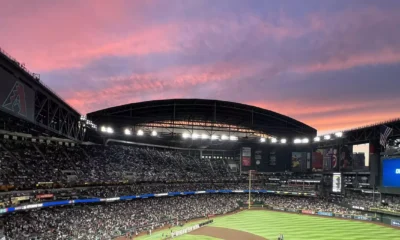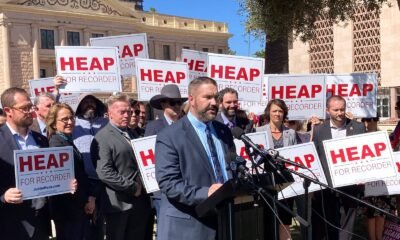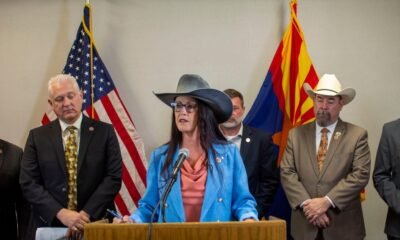2024 election
Arizona Counties Shut Doors on Vote Record Access, Hindering Election Analysis

Following Kari Lake’s defeat in the recent U.S. Senate race, allegations of election fraud have surfaced among skeptics. Many question how voters who supported GOP presidential candidate Donald Trump could also back Lake’s Democratic opponent, Ruben Gallego.
In past elections, local analysts could refute these claims by examining the cast vote record — an electronic log of each anonymous ballot and its corresponding votes. However, this election season has posed challenges: access to this essential data has been restricted.
Counties that previously shared their cast vote records now claim they are no longer public documents or have decided to issue only heavily redacted versions. This shift has frustrated election analysts, including Tucson’s Benny White, who emphasizes the importance of transparency to maintain public trust in election outcomes. “If we are serious about making sure our elections are accurate, we have to find a way to more completely and comprehensively publicly audit the official results,” White said.
Arizona’s laws surrounding the cast vote record remain unclear. With no opinion from Attorney General Kris Mayes, counties face uncertainty on their obligations regarding these records. As a result, individuals fighting for access must navigate a patchwork of responses from various counties.
The situation in Arizona mirrors nationwide discussions on the balance between election transparency and voter privacy. In Pennsylvania, courts ruled that while the cast vote record itself isn’t public, images of mail ballots are accessible.
The cast vote record typically comes in the form of a large spreadsheet, detailing votes cast alongside pertinent voter information. It does not directly link a voter’s identity to their ballot, although combining this information with voting records can sometimes reveal choices made by specific voters.
Maricopa County currently prepares a redacted version for White, but he notes that the initial drafts were too obscured to be useful for detailed analysis. White warns, “Releasing the document in that form could cause confusion, complaints of malfeasance, and mistrust of the election processes and the election officials.”
In recent years, proposals to classify the cast vote record as a public document have gained bipartisan support. However, privacy concerns raised by voting rights groups have stalled these initiatives, leaving uncertainty as the legislative session begins.
Opponents of broader access argue that it threatens the integrity of the secret ballot, a right upheld by federal law. While some states permit disclosure of these records, others have implemented measures to prevent voter identification through publicly available election data.
A study analyzing past Maricopa County elections indicated that a small fraction of voters’ choices could be deduced from combining certain datasets, particularly in low-turnout precincts where all voters selected the same candidate.
Arizona’s law specifies that electronic ballot data cannot be released; however, it lacks clarity on the scope of this restriction. Without guidance from the Attorney General, local officials remain unsure whether to comply with public records requests.
Audit USA, an organization focused on election transparency, has filed multiple legal requests for access to these records and has faced legal challenges in doing so. A notable case involves Santa Cruz County, which is currently in litigation over its obligation to provide the cast vote record to Audit USA.
In past elections, both Pima and Maricopa counties provided access to the cast vote records, aiding in the analysis of election results. This year, both counties have shifted their policies, citing privacy concerns that imperative further scrutiny.
White maintains that counties must find a balance between ensuring transparency and safeguarding voter privacy. “There are reasons to control access to the cast vote record,” he said, “However, those restrictions are not part of Arizona law.”

















